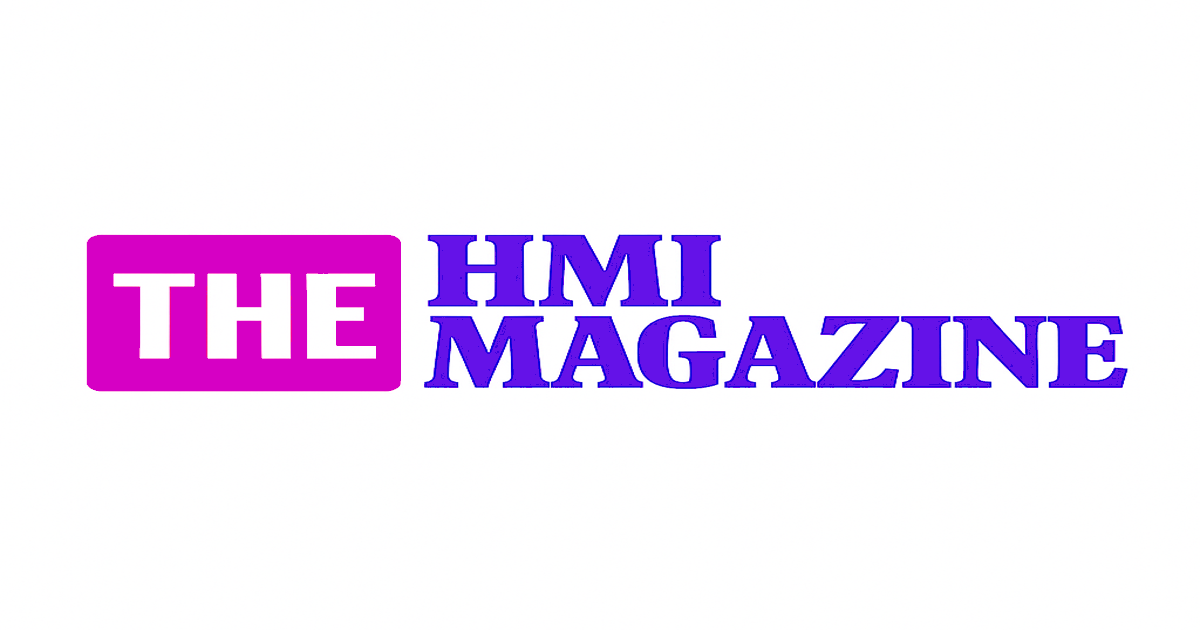From Church Choirs to Chart-Toppers: The Unsung Haitian Bassist Who Defined a Generation
A Rare Interview with Yves Albert Abel
In an era dominated by social media and constant self-promotion, true legends often go unheard—by choice. Yves Albert Abel, also known as “ the Fridge,” hailed by many as one of the greatest bassists in Haitian music history, is one such legend. Known for his soulful touch, technical brilliance, and humility that defies industry norms, Abel rarely steps into the spotlight. But in an exclusive sit-down with The Haitian Music Industry Magazine, the man behind the groove finally breaks his silence.
From Port-de-Paix to Carrefour: A Musical Foundation
Born on August 30th in the northern coastal town of Port-de-Paix, Yves moved to Carrefour’s Dikini neighborhood as a child. His upbringing was a harmonious blend of spirituality and music. With a pastor for a father and a pianist mother who also taught music, Yves was immersed in sound from the start. Though his mother nudged him toward the piano, it was the bass that captivated his imagination. His early training under the tutelage of legendary pianist Micheline Laudin Denis in Pétion-Ville laid a solid foundation, one that would carry him into greatness.
New York City Dreams and Jazz Influences
In 1978, Yves relocated to New York City, determined to deepen his musical expertise. He trained at the now-defunct All Them School of Music in Brooklyn and later at the Massachusetts School of Music. It was in the U.S. that he encountered the work of Jaco Pastorius, the iconic jazz-fusion bassist whose influence would reshape Yves’s approach. Fusing gospel, jazz, R&B, funk, and rock, Yves developed a signature style, making the bass not just a rhythm instrument but a lyrical voice.
A Serendipitous Call from Tabou Combo
Fate knocked in 1989 during a Bronx recording session with Haitian-American saxophonist Duke Guillaume. Producer Serge Diviner oversaw the session, during which Yves’s masterful playing caught the attention of Tabou Combo percussionist André “Kapi” Yvon. Impressed, Kapi alerted co-musician Yves Joseph Fanfan. At the time, Tabou sought a new bassist to replace Joe Charles, who had left to join King Kino on a Kajou project. Yves got the call and changed the band’s sound forever.
More Than a Bass Player: A Hidden Arranger
Yves wasn’t just laying down grooves; he was building the architectural framework of Haitian music. He composed and produced several of Tabou Combo’s most memorable works, including the mega-hit “Phenomen Tabou” written by Yves Abel (The Fridge), music and lyrics. On their landmark album Référence, Yves handled nearly all the arrangements using his piano skills. According to Yves, he is still getting royalty checks for his work.
Outside Tabou, his influence echoed in other classics. He crafted the iconic bassline for Mini All Stars’ Ou Pi La, featuring Dadou Pasquet and Touco Bouzi, produced by Fred Paul. Recorded in Montreal, Canada, the track remains a masterclass in bass performance, still studied by aspiring musicians.
The New York All-Stars Era
Among Yves’s most ambitious ventures was forming the New York All-Stars, a powerhouse collective that included Welmyr Jean Pierre, Makarios Cesaire, Shedly Abraham, and Armstrong Jeune. While immigration hurdles limited their touring, the group electrified New York. Haitian Music Industry scene with songs like Ti Bato, delivered passionately by a fantastic singer, Armstrong Jeune.
Yves also co-produced Phantoms’ album “Pa Bouje,” working alongside respected talents such as Welmyr Jean Pierre, Kenelli Jean Pierre, Gary Josama, and longtime collaborator Makarios Cesaire at their “JP Studio,” which was a creative haven for musical innovation at the time.
Unfiltered Wisdom from a Humble Maestro
When asked to name the greatest Haitian band, Yves answered without pause: “If we’re talking about popularity and global impact, it’s Tabou Combo. But musically—Skah Shah #1 is unmatched.” Also, Yves reported that his favorite Haitian Konpa singer is Jean Elie Telfort, better known as Cubano “Le Parrain,” the Godfather.
Additionally, Yves Albert Abel offered a thought-provoking take on singers: “Cubano is a better singer than Shoubou. Range isn’t everything—tone, control, and expression matter more. It’s just like how Al Jarreau had more vocal finesse than Michael Jackson, even if Michael Jackson could hit the higher notes. Also, being able to hit high notes does not automatically mean you are a good singer.”
When The HMI Magazine asked about his favorite Haitian bass player of all time, Yves Albert Abel responded: The late Daniel Dalce, who also went under the name ‘Ti Bass’ of Ensemble Select Coupe Cloue. He made the bass sound like bamboo. That’s genius.
Still Grooving, Still Creating
Despite a career most musicians can only dream of, Yves Albert Abel is far from done. He revealed that he’s producing a surprise project featuring an emerging talent he believes will reshape the industry.
The HMI Magazine Editorial Perspective
Yves Albert Abel isn’t just Haiti’s most excellent bass player—he’s one of its most important musical architects. His fingerprints are all over the HMI soundscape, from genre-defining arrangements to unforgettable basslines, like those on Nu-Look’s latest and Gabel’s upcoming album.
His long-overdue induction into The HMI Magazine Hall of Fame is a testament to a legacy built on excellence, innovation, and quiet brilliance.”
A Legacy Built in the Shadows, Heard Around the World
From Dimly Lit Studios to roaring festival stages, Yves Albert Abel has always let the music do the talking. Now, through this rare interview, the world hears his voice—and better understands the man behind the basslines that defined a generation.
— Editorial Note from The HMI Magazine Board —
A Legacy Built in the Shadows, Heard Around the World
From the shadows of dimly lit studios to the spotlight of international festival stages, Yves Albert Abel has always let his basslines speak louder than words. In this rare and revealing interview, the world finally hears the voice behind the rhythm. Known as “The Fridge,” Abel is a legendary bassist and a proud Haitian Musician Hall of Fame inductee.




